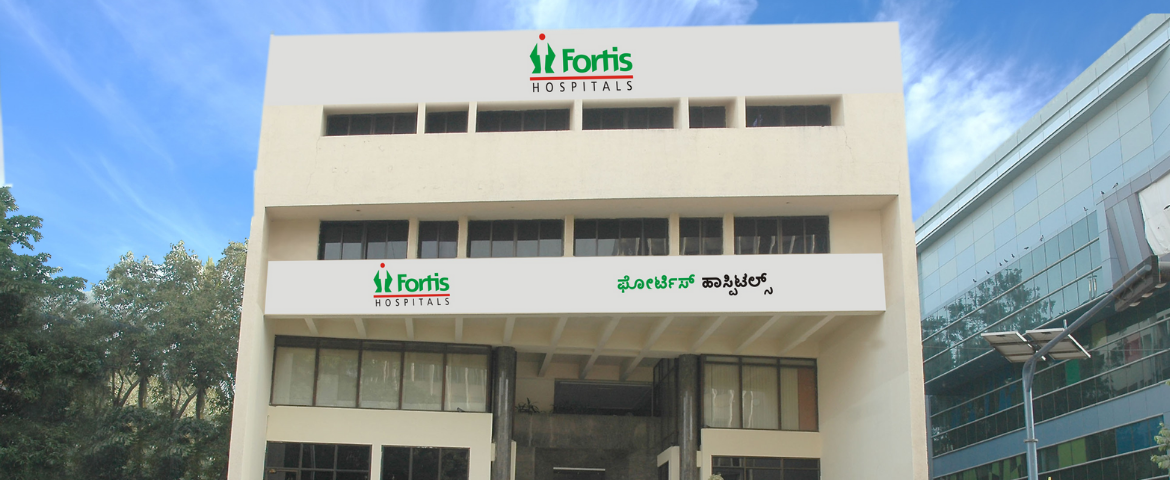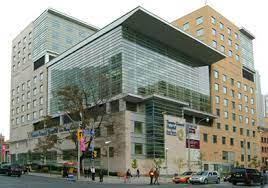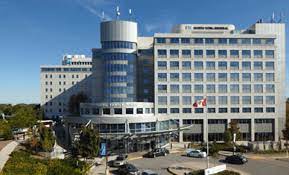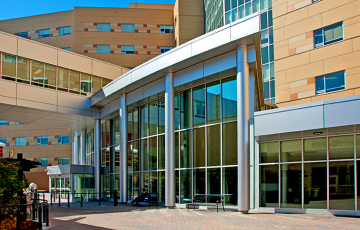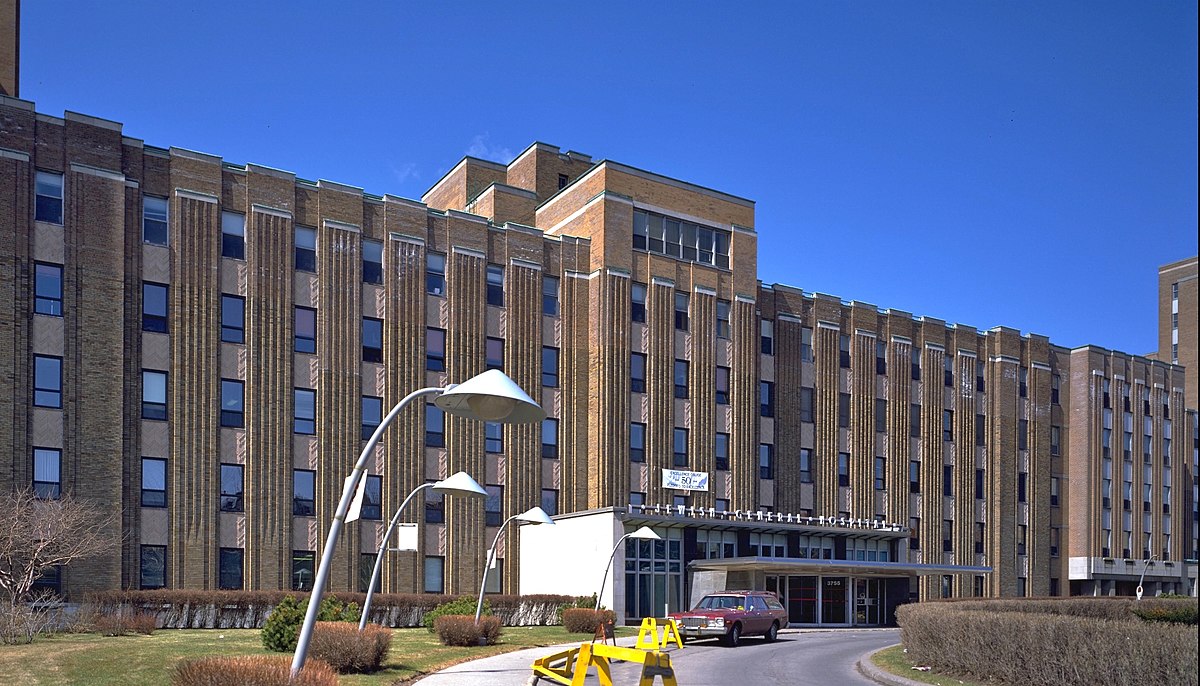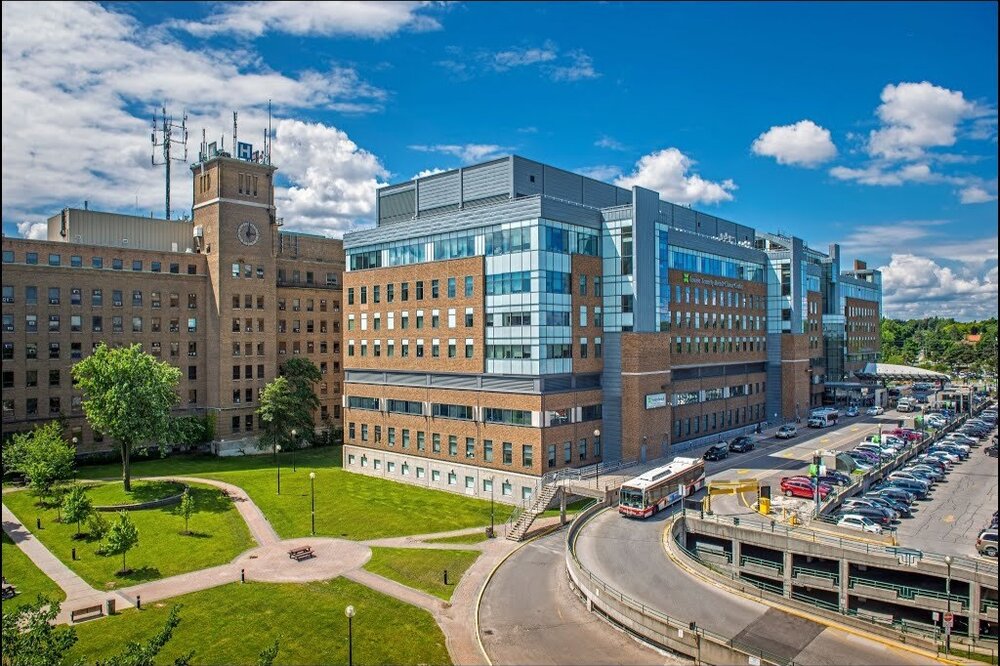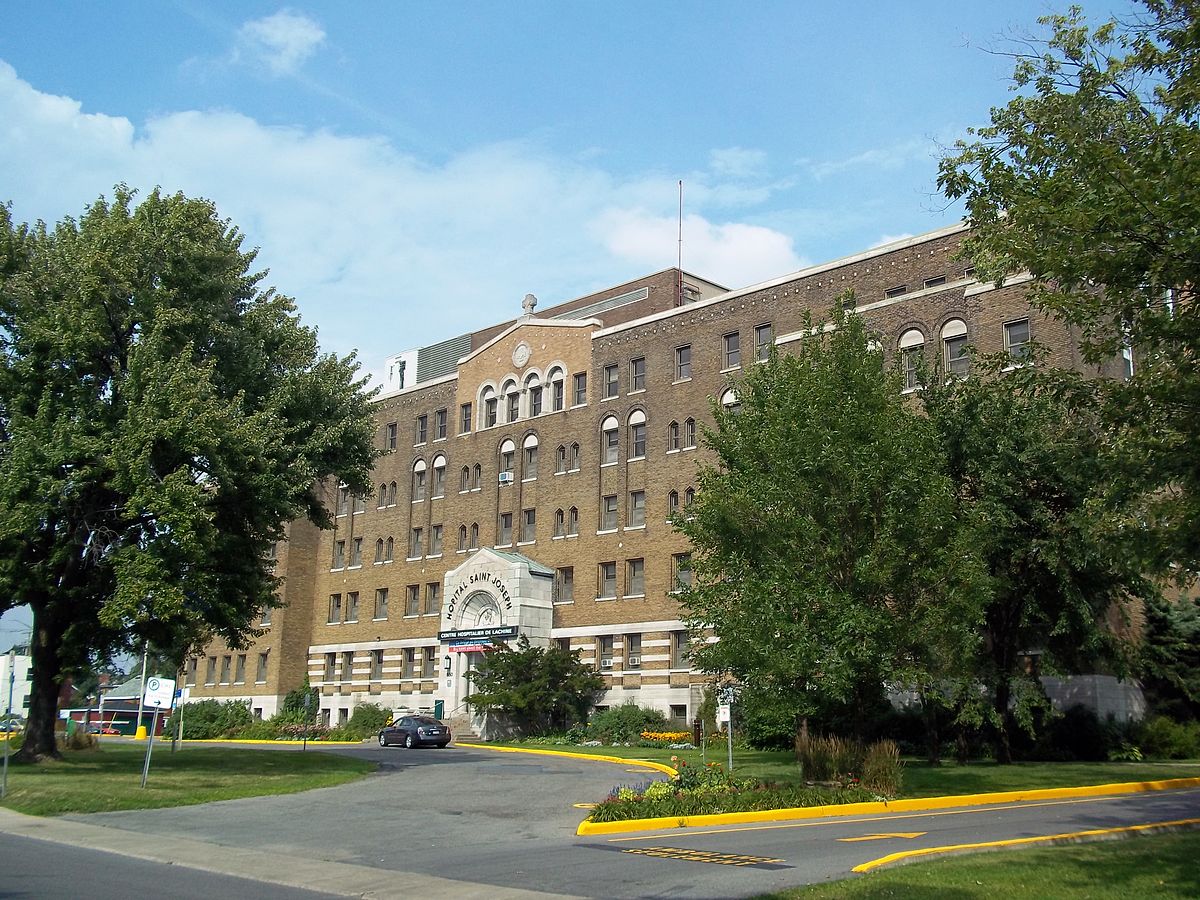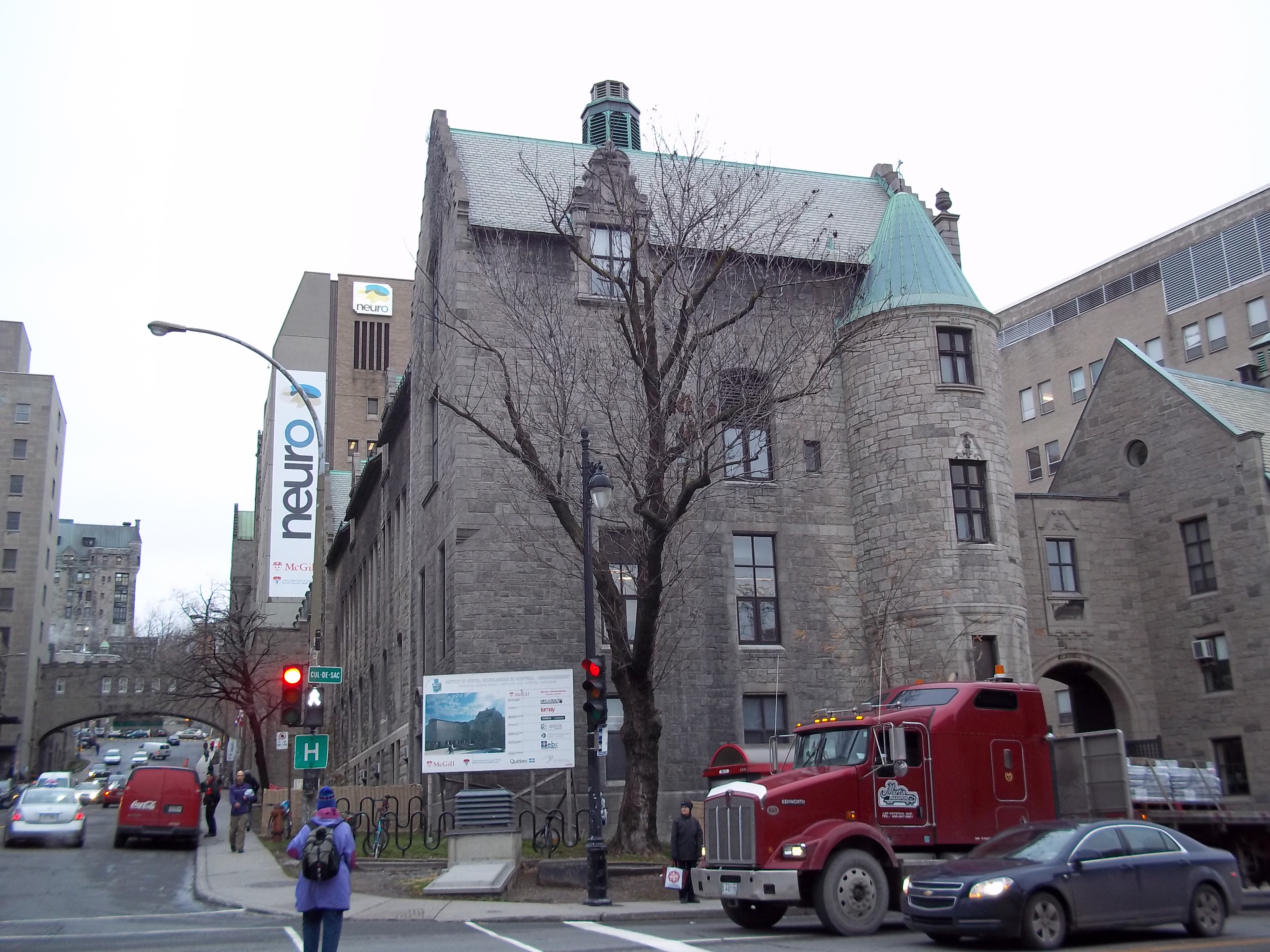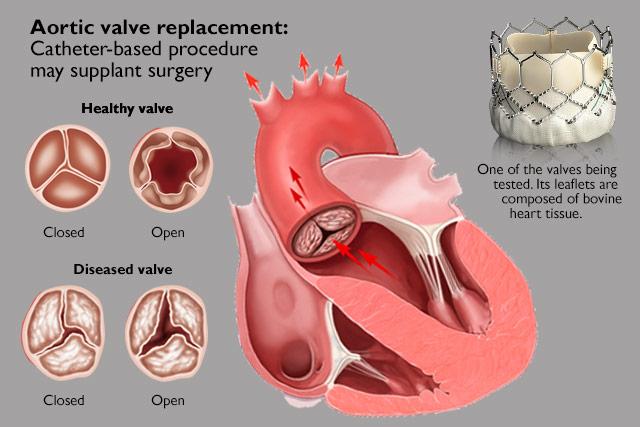Aortic Valve Replacement cost in Canada
Aortic Valve Replacement:
Aortic valve repair and aortic valve replacement are treatments that treat illnesses affecting the aortic valve, one of four valves that govern blood flow through the heart.
The aortic valve keeps blood flowing through the heart in the right direction. It connects the main pumping chamber of the heart (left ventricle) to the major artery that carries oxygen-rich blood throughout your body (aorta).When the aortic valve isn't functioning correctly, it can obstruct blood flow and make the heart work harder to pump blood to the rest of the body. Aortic valve repair or replacement can help treat aortic valve disease by restoring normal blood flow, reducing symptoms, extending life, and preserving heart muscle function.
Disease Overview:
Aortic valve disease
The valve between the lower left heart chamber (left ventricle) and the body's major artery (aorta) malfunctions in aortic valve disease. The valve may have swollen and stiffened (Stenosis), or it may not seal correctly, allowing blood to flow backward.
Disease Signs and Symptoms:
Aortic valve disease can be identified by the following signs and symptoms:
- A whooshing or swishing heart sound (heart murmur)
- Pain or tightness in the chest.
- Dizziness.
- Fainting.
- Fatigue after physical exercise or a reduced capacity to be physically active.
- Heartbeat that isn't regular.
- Shortness of breath, especially when engaged in strenuous exercise or when lying down.
Disease Causes:
A cardiac abnormality present at birth may induce aortic valve disease (congenital heart defect). Other late-life causes of aortic valve dysfunction include: Heart changes as people become older. Infections. Blood pressure that is too high.
Disease Diagnosis:
Your doctor will perform a physical check and listen for a heart murmur, which might indicate a heart valve problem. Your problem may be diagnosed by a series of tests.
The following tests may be performed:
Echocardiography. Sound waves from a wand-like instrument (transducer) are aimed towards your heart, producing video pictures of your heart in action. This test evaluates your heart's anatomy, heart valves, and blood flow via your heart. An echocardiography allows your doctor to examine the heart valves in detail and determine how well they are functioning. A 3D echocardiography may also be used by doctors.
A tiny transducer connected to the end of a tube is put down the tube leading from your mouth to your stomach in another form of echocardiography called a transesophageal echocardiogram (esophagus). This test allows your doctor to get a better look at your heart valves than a conventional echocardiogram allows.
An EKG is a type of Electrocardiogram (ECG). Electrical impulses from your heart are measured using wires (electrodes) placed to pads on your skin. An electrocardiogram (ECG) can identify enlarged heart chambers, cardiac illness, and irregular heart rhythms.
X-ray of the chest. Your doctor can use a chest X-ray to see if your heart is enlarged, which can suggest some forms of heart valve problems. A chest X-ray can also help physicians figure out how healthy your lungs are.
MRI of the heart. A cardiac MRI creates comprehensive pictures of your heart using magnetic fields and radio waves. It can analyse the size and function of your lower heart chambers as well as establish the severity of your illness.
Exercise or stress tests are two different types of testing. Various exercise tests may be used to assess your activity tolerance and track your heart's reaction to physical effort. If you are unable to exercise, drugs that imitate the effects of exercise on the heart may be prescribed.
Catheterization of the heart. This test isn't commonly used to identify heart valve disease, but it might be done if other tests fail to diagnose or assess the severity of the illness. A doctor inserts a tiny tube (catheter) into a blood vessel in your arm or groyne, directs it to a heart artery, and injects dye into the catheter to make the artery visible on an X-ray. This gives your doctor a clear view of your heart arteries and how your heart works. The pressure inside the heart chambers can also be measured.
Treatment Procedures:
Treatment for heart valve disease is determined by your symptoms, the severity of your illness, and whether or not it is worsening.
Your care will be provided by a cardiologist, a specialist who specialises in heart problems. Treatment may include frequent follow-up visits to check your condition. It's possible that you'll be requested to:
- Make lifestyle adjustments that are good for you.
- To treat symptoms, use medicines.
- If you have atrial fibrillation, which is an abnormal heart beat, you should take blood thinners to lower your risk of blood clots.
Surgical or non-surgical techniques
Even if you don't have symptoms, you may require heart valve surgery to repair or replace the defective heart valve. If you need surgery for another cardiac problem, your doctor may decide to repair or replace the defective valve as well.
A cut (incision) in the chest is generally used during heart valve surgery. Doctors occasionally do minimally invasive heart surgery, which requires fewer incisions than open-heart surgery. Doctors perform robot-assisted heart surgery at various medical institutes, which is a sort of minimally invasive heart surgery in which surgeons employ robotic tools to accomplish the process.
Valve repair or replacement are two surgical alternatives.
Valve replacement in the heart
To maintain your heart valve, your doctor may propose heart valve repair. Surgeons may perform the following procedures to repair a heart valve:
- Repair a valve's holes.
- Valve leaflets that have fused should be separated.
- Replace the cables that hold the valve in place.
- Excess valve tissue should be removed so that the valve can seal firmly.
Surgeons frequently use an artificial ring to tighten or strengthen the ring around a valve (annulus). In certain circumstances, surgeons employ long, thin tubes to repair specific valves, which is a less intrusive process (catheters). Clips, plugs, and other devices may be used in these operations.
If the damaged valve cannot be repaired, surgeons may replace it with a mechanical valve or one manufactured from cow, pig, or human heart tissue (biological or tissue valve).
Heart valve replacement
If you had a mechanical valve replaced, you'll have to take blood thinners for the rest of your life to avoid blood clots. Biological tissue valves degrade over time and must be replaced in most cases.
Transcatheter aortic valve replacement (TAVR) is a minimally invasive treatment that can be used to replace a damaged aortic valve. A long, thin tube (catheter) is inserted into an artery in your leg or chest and guided to the heart valve during this surgery. This catheter is used to transfer a replacement valve to the proper location.
Country wise cost comparison for Aortic Valve Replacement:
| Country | Cost |
|---|---|
| India | $5850 |
| Thailand | $10451 |
| United Arab Emirates | $24945 |
| Singapore | $24945 |
| Canada | $6746 |
Treatment and Cost
22
Total Days
In Country
- 8 Day in Hospital
- 2 No. Travelers
- 14 Days Outside Hospital
Treatment cost starts from
$0
Popular Hospital & Clinic
Featured Hospital
35 Hospitals
Types of Aortic Valve Replacement in Toronto General Hospital and its associated cost
| Treatment Option | Approximate Cost Range (USD) |
|---|---|
| No Treatment option added | |
- Address: 200 Elizabeth St, Toronto, ON M5G 2C4, Canada
- Facilities related to Toronto General Hospital: Private Rooms, Translator, Nursery / Nanny Services, Personal Assistance / Concierge, Free Wifi, International Cuisine, Phone in Room, Private Driver / Limousine Services, Post operative follow-up, Mobility Accessible Rooms, Rehabilitation, Cafe, TV in room, Car Hire, Health Insurance Coordination
9
DOCTORS IN 11 SPECIALITIES
20+
FACILITIES & AMENITIES
Types of Aortic Valve Replacement in North York General Hospital and its associated cost
| Treatment Option | Approximate Cost Range (USD) |
|---|---|
| No Treatment option added | |
- Address: 4001 Leslie Street, Toronto ON M2K 1E1
- Facilities related to North York General Hospital:
5
DOCTORS IN 11 SPECIALITIES
20+
FACILITIES & AMENITIES
Types of Aortic Valve Replacement in Rockyview General Hospital and its associated cost
| Treatment Option | Approximate Cost Range (USD) |
|---|---|
| No Treatment option added | |
- Address: 7007 14 St SW, Calgary, Alberta, T2V 1P9
- Facilities related to Rockyview General Hospital:
0
DOCTORS IN 11 SPECIALITIES
20+
FACILITIES & AMENITIES
Types of Aortic Valve Replacement in Jewish General Hospital and its associated cost
| Treatment Option | Approximate Cost Range (USD) |
|---|---|
| No Treatment option added | |
- Address: Jewish General Hospital 3755 Cote-Ste-Catherine Road Montreal, Quebec
- Facilities related to Jewish General Hospital:
8
DOCTORS IN 11 SPECIALITIES
20+
FACILITIES & AMENITIES
Types of Aortic Valve Replacement in Sunnybrook Health Sciences Centre and its associated cost
| Treatment Option | Approximate Cost Range (USD) |
|---|---|
| No Treatment option added | |
- Address: 2075 Bayview Avenue Toronto, ON M4N 3M5 Canada
- Facilities related to Sunnybrook Health Sciences Centre:
6
DOCTORS IN 11 SPECIALITIES
20+
FACILITIES & AMENITIES
Types of Aortic Valve Replacement in Montreal General Hospital (McGill University Health Centre) and its associated cost
| Treatment Option | Approximate Cost Range (USD) |
|---|---|
| No Treatment option added | |
- Address: 1650 Cedar Avenue Montreal, Quebec Canada H3G 1A4
- Facilities related to Montreal General Hospital (McGill University Health Centre):
6
DOCTORS IN 11 SPECIALITIES
20+
FACILITIES & AMENITIES
Types of Aortic Valve Replacement in Lachine Hospitals and its associated cost
| Treatment Option | Approximate Cost Range (USD) |
|---|---|
| No Treatment option added | |
- Address: 650 16e Avenue, Lachine, QC H8S 3N5
- Facilities related to Lachine Hospitals:
6
DOCTORS IN 11 SPECIALITIES
20+
FACILITIES & AMENITIES
Types of Aortic Valve Replacement in Montreal Children's Hospital and its associated cost
| Treatment Option | Approximate Cost Range (USD) |
|---|---|
| No Treatment option added | |
- Address: 1001 boul. Decarie Montreal, QC H4A 3J1
- Facilities related to Montreal Children's Hospital:
6
DOCTORS IN 11 SPECIALITIES
20+
FACILITIES & AMENITIES
Types of Aortic Valve Replacement in Montreal Neurological Institute-Hospital and its associated cost
| Treatment Option | Approximate Cost Range (USD) |
|---|---|
| No Treatment option added | |
- Address: 3801 University Street Montreal, QC H3A 2B4
- Facilities related to Montreal Neurological Institute-Hospital:
4
DOCTORS IN 11 SPECIALITIES
20+
FACILITIES & AMENITIES
Types of Aortic Valve Replacement in The Royal Victoria Hospital (McGill University Health Centre) and its associated cost
| Treatment Option | Approximate Cost Range (USD) |
|---|---|
| No Treatment option added | |
- Address: 1001 Decarie Blvd, Montreal, Quebec H4A 3J1, Canada
- Facilities related to The Royal Victoria Hospital (McGill University Health Centre): Private Rooms, Translator, Nursery / Nanny Services, Personal Assistance / Concierge, Free Wifi, International Cuisine, Phone in Room, Private Driver / Limousine Services, Post operative follow-up, Mobility Accessible Rooms, Rehabilitation, Cafe, TV in room, Car Hire, Health Insurance Coordination
6
DOCTORS IN 11 SPECIALITIES
20+
FACILITIES & AMENITIES
Related Packages
More Related Information
Some of the top rated doctors are:
- Italy
Some of the top rated hospitals are:
- India
- Fortis Memorial Research Institute
- BLK-Max Super Speciality Hospital
- Medanta-The Medicity, Gurgaon
- Indraprastha Apollo Hospitals, New Delhi
- Turkey
- Kolan International Hospital, Sisli
- Istinye University Bahcesehir Liv Hospital
- Istinye University Medical Park Gaziosmanpasa Hospital
- I.A.U VM Medical Park Florya Hospital
- Altinbas University Medical Park Bahcelievler Hospital
- Medical Park Antalya Hospital
- Medical Park Tarsus Hospital, Mersin
- Thailand
- Bangpakok 9 International Hospital
- Bumrungrad International Hospital
- Bangkok Hospital
- Bangkok International Hospital
- Samitivej Hospital
- BNH Hospital
- Aek Udon International Hospital
- Phuket International Hospital
- Bangkok Christian Hospital
- Thonburi Hospital
- Kasemrad Hospital Sriburin
- United Arab Emirates
- Burjeel Hospital, Abu Dhabi
- New Hope IVF Gynaecology & Fertility Hospital, Sharjah
- Iranian Hospital, Dubai
- Kings College Hospital Dubai
- Zulekha Hospital Sharjah
- Burjeel Hospital for Advanced Surgery Dubai
- Burjeel Medical City, Abu Dhabi
- NMC Royal Hospital, Khalifa City, Abu Dhabi
- NMC Royal Hospital Sharjah
- AL NOOR HOSPITAL, Abu Dhabi
- Al Zahra hospital, Dubai
- NMC Specialty Hospital, Al Nahda, Dubai
- Singapore
- Mount Elizabeth Hospital, Singapore
- National University Hospital, Singapore
- Singapore General Hospital, Singapore
- Changi General Hospital, Singapore
- Gleneagles Hospital, Singapore
- Johns Hopkins Singapore International Medical Centre, Singapore
- Thomson Medical Centre, Singapore
- Mount Alvernia Hospital, Singapore
- Novena Medical Centre, Singapore
- Alexandra Hospital, Singapore
- Canada
- Toronto General Hospital
- Jewish General Hospital
- Montreal General Hospital (McGill University Health Centre)
- Royal Jubilee Hospital (RJH)
- The Royal Victoria Hospital (McGill University Health Centre)
- Centre hospitalier de l’Université de Montréal (CHUM)
- Victoria General Hospital
- St Michaels Hospital Toronto
- Hamilton General Hospital
- MCMASTER UNIVERSITY MEDICAL CENTRE
- University of Ottawa Heart Institute
- Jordan
- King Abdullah University Hospital
- Istishari Hospital
- Al Khalidi Hospital & Medical Center
- Al Essra Hospital
- The Specialty Hospital
- Islamic Hospital
- Jordan Hospital
- Abdulhadi Hospital
- Queen Alia Heart Institute
- King Hussein Hospital
- Istiklal Hospital
- United Kingdom
- Cancer Centre London
- The Highgate Hospital
- The Holly Hospital
- The Parkside Hospital
- Circle Reading Hospital
- Shirley Oaks Hospital
- St Edmunds Hospital
- The London Clinic
- Woodlands Hospital
- The Christie NHS Foundation Trust
- Royal Marsden Hospital
- Queen Elizabeth Hospital Birmingham
- London Bridge Hospital, HCA Healthcare
- Saudi Arabia
- Italy

